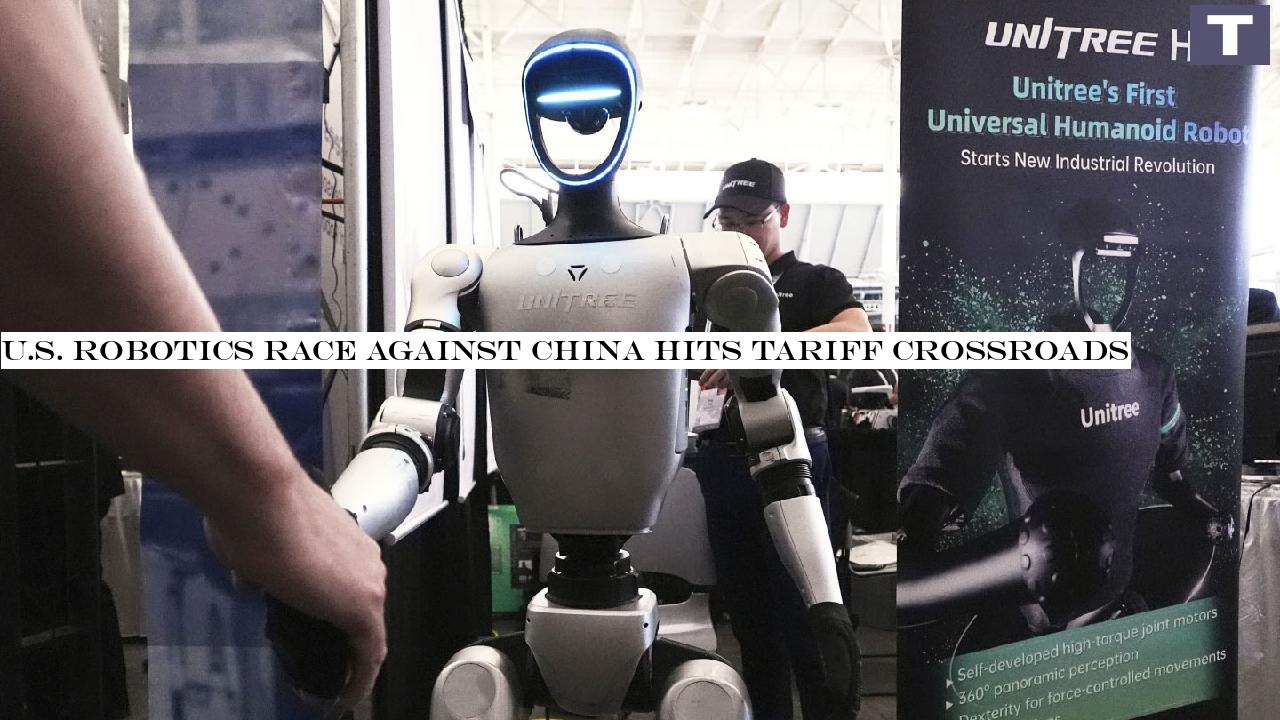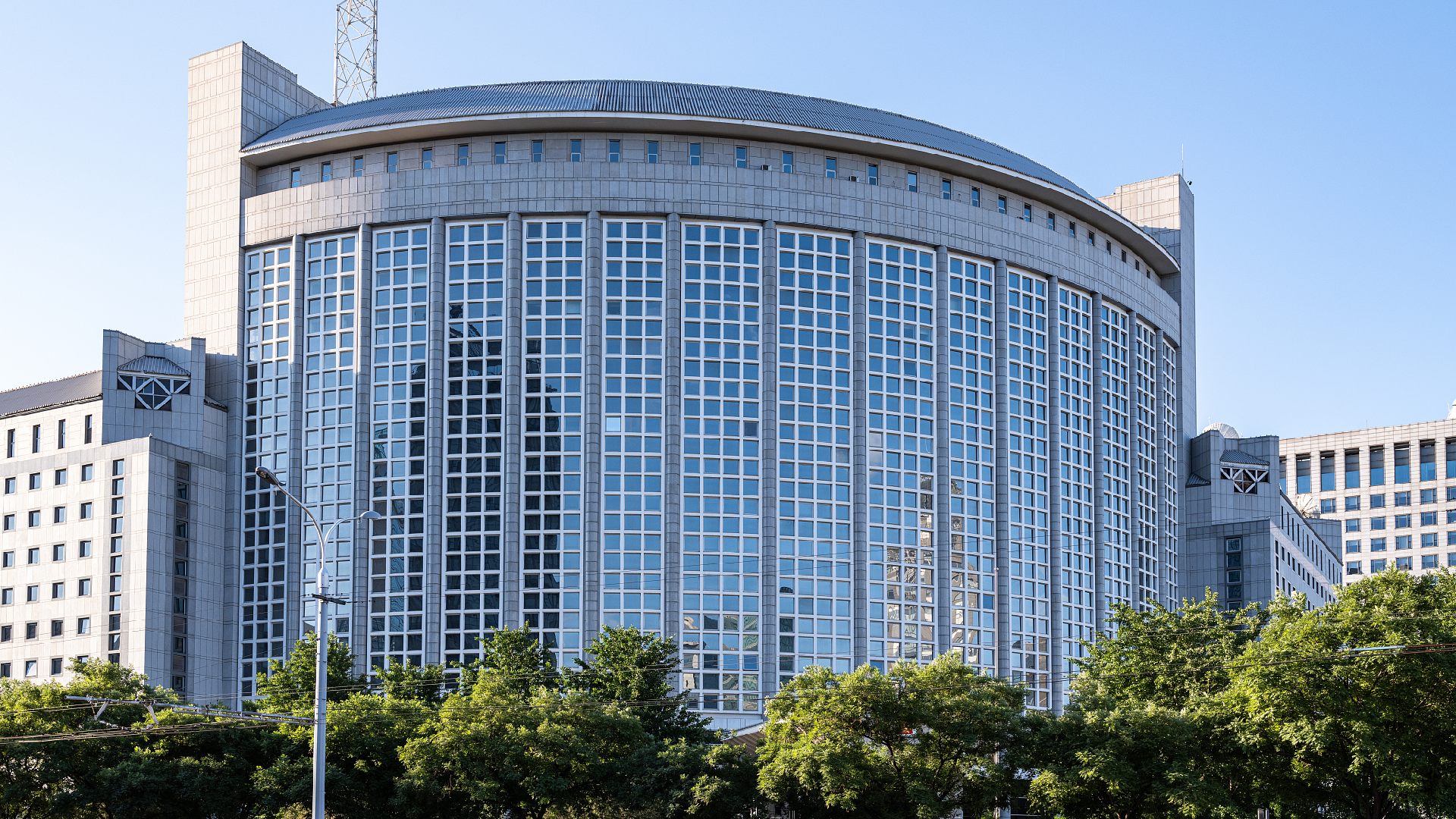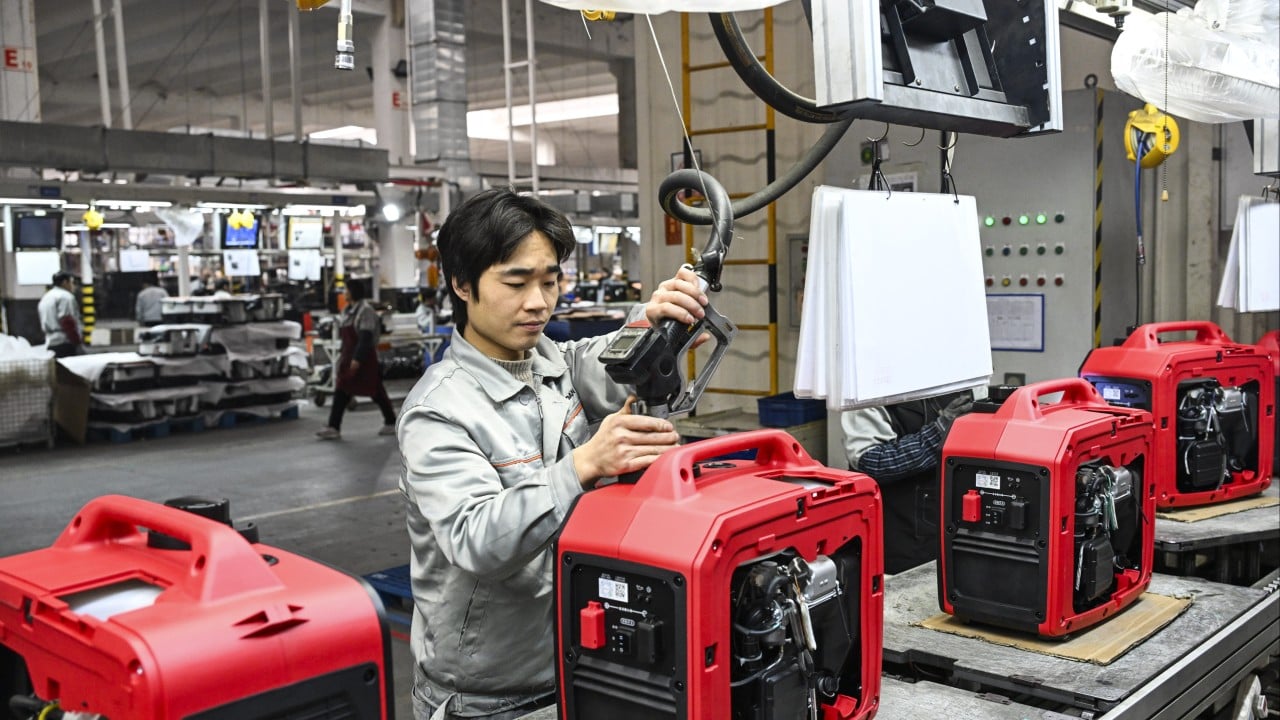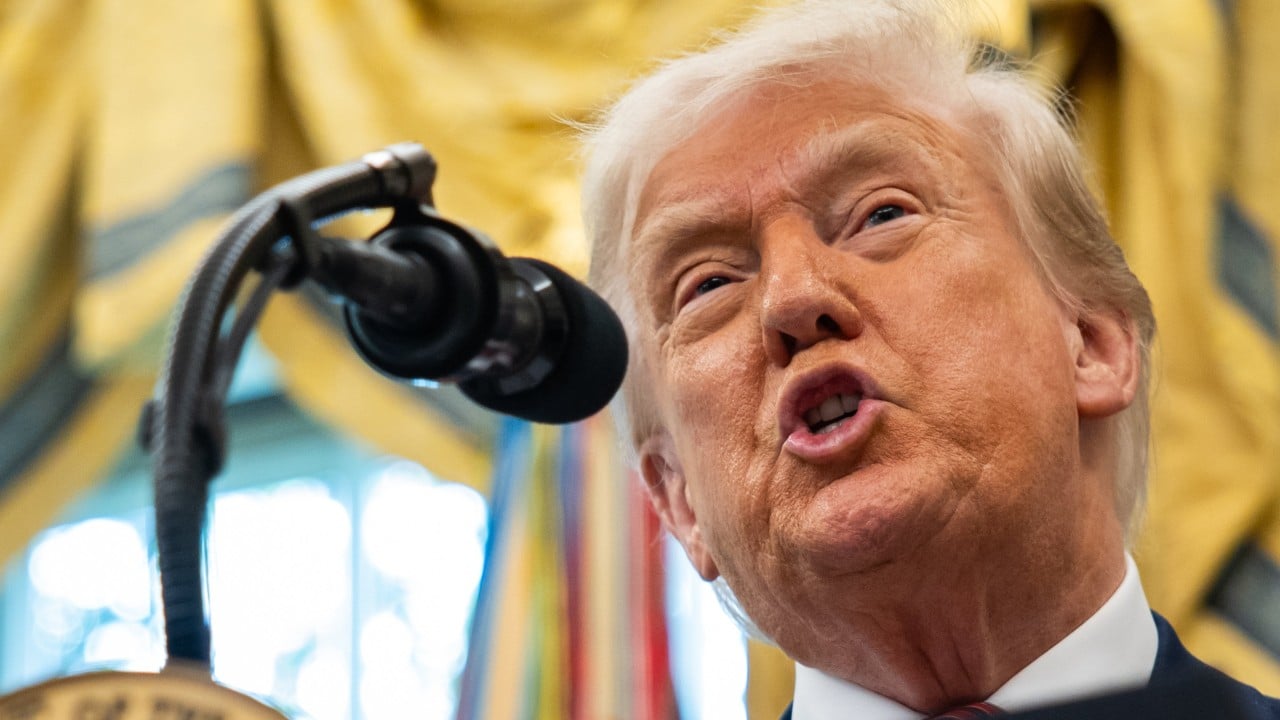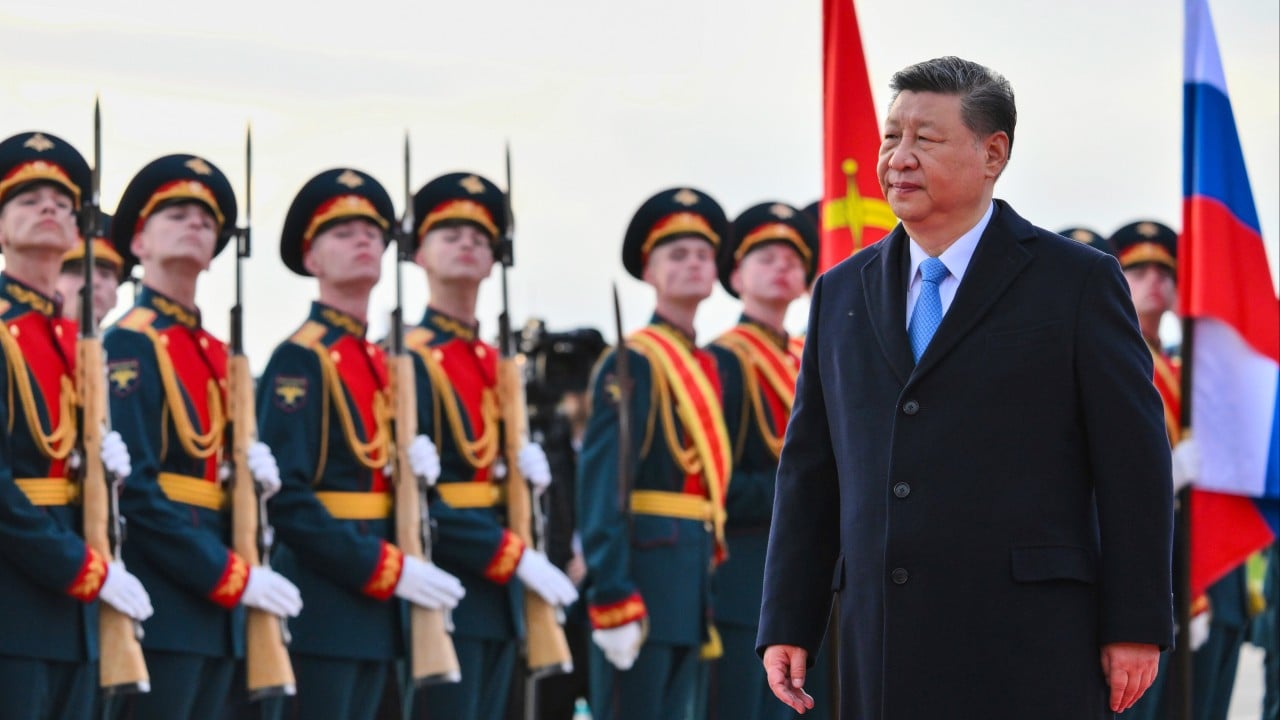
As the United States escalates its global tariff offensive, the 137th China Import and Export Fair also known as the Canton Fair demonstrates how Chinese companies are responding to protectionist trends through resilience and innovation.Held in three phases from April 15 to May 5, the fair drew over 224,000 overseas buyers from 219 countries and regions by the end of the second phase, marking a record high for the same period.Diversifying markets to weather United States tariffsFacing mounting tariffs, many Chinese firms are shifting away from overreliance on the American market.
Yongjia Garments Co., which exports primarily to the United States , admitted that while export volume to the United States has increased this year, prices have fallen due to tariff pressures.
The company is now capping single-market exposure at 30 percent, cutting costs with suppliers and building its own brand to boost value.Industry veterans are similarly recalibrating.
Liang Yu, a senior trader in the lighting sector, said his firm has expanded along Belt and Road markets in South America, the Middle East and Southeast Asia.
"Tariffs may cause short-term disruption, but the long-term impact is limited," he noted.Since 2018, larger firms in China have been setting up overseas factories to offset trade-war risks, and some companies began to gradually scale down United States exports in favor of domestic sales and markets in Southeast Asia, Canada and the Europe.
Li Wei, a foreign trade practitioner told CMG that Chinese products have strong competitiveness globally and the ongoing tariff battles are likely to accelerate the development of overseas Chinese industrial chains.
He called for faster government approvals for outbound investment and clearer guidance on overseas processing applications.Official data shows that the United States share of China's total exports has declined significantly from 19.2 percent in 2018 to 14.7 percent in 2024.
By contrast, since 2018, the share of China's exports going to ASEAN has risen from 12.8 percent to 16.4 percent, while exports to Belt and Road countries have jumped from 38.7 percent to 47.8 percent.
These markets continue to see strong growth."Smart" Made-in-China products go globalThis year's fair also showcased the growing tech edge of Chinese manufacturing.
Innovation and intelligent design were everywhere from AI-powered plush toys and robot baristas to delivery bots and 3D printers.One robotic coffee kiosk, which brews a cup in just 50 seconds, drew long lines and racked up over 10 million yuan ($1.39 million) in orders within just two days.
It's now sold in more than 40 countries.
"When your technology is essential to the world, tariffs don't matter," said the company's founder.A delivery robot firm also secured nearly $1 million in orders on day one, including from American buyers.
To spotlight such advancements, the Canton Fair debuted a dedicated service robot zone featuring 46 companies across 4,200 square meters.In the first phase of the event, more than 3,700 firms showcased innovations in smart manufacturing, AI and new-energy technologies.
Notable highlights included an AI lawn mower capable of autonomously trimming 2,000 square meters daily, and a 3D ceramic printer that can produce intricate vases in under an hour eliminating the need for molds and significantly shortening production cycles.These breakthroughs reflect broader momentum.
In 2024, China ranked 11th in the Global Innovation Index, with R&D spending second only to the United States and over 460,000 high-tech firms nationwide.
As more high-value Chinese products gain global traction, "Made in China" is no longer just cost-effective it also represents cutting-edge innovation.A strong supply chain underpins global confidenceBeyond innovation, the fair highlighted China's deep industrial strength and dependable supply chains.
These advantages continue to attract global buyers and underpin China's export resilience.At the fair, a Guangzhou-based luggage exporter unveiled more than 200 models, with fresh designs making up over half the lineup.
The company secured deals exceeding 4.5 million yuan, up 12 percent from the last session.
Many exhibitors hailed from Shiling Town, a major leather goods hub that produces 700 million bags annually for 140 countries.China's industrial clusters allow for rapid customization and efficient procurement.
Buyers often visit nearby factories after spotting products at the fair, enabling faster decision-making and deeper collaboration.
For example, one Greek buyer, captivated by glittering, diamond-like embroidery artwork at the fair, visited a Yiwu factory, hoping to bring the product to Europe.An American buyer told China Media Group that China's manufacturing reliability remains its biggest draw.
"If we need a capacitor, we can get it the same day.
We've built long-term partnerships here.
You can't just replace that overnight," he said, adding, "I hope the Trump administration rethinks its tariff policy so we can collaborate more freely."China has been the world's largest manufacturing nation for 15 consecutive years, with the most complete industrial system globally.
In the first quarter of 2024, China's trade volume hit 10.3 trillion yuan up 1.3 percent year-on-year and marking the eighth straight quarter above the 10 trillion mark.

 17
17








